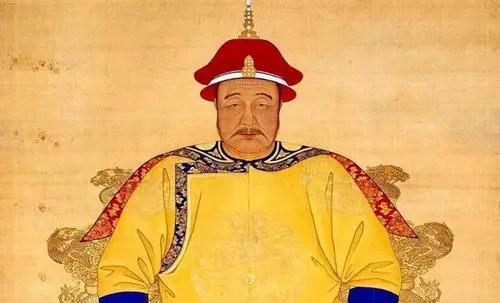Emperor Taiji did not reign for a long time, but among the emperors of the Qing Dynasty, his contribution was one of the best. First, because he built the Qing Dynasty as emperor, making the Qing Dynasty a great unified dynasty, and second, because he inherited the ancestral inheritance and paved the way for the Qing to unify China.
In April of the tenth year of Jin Tiancong (1636), Emperor Taiji officially assumed the throne as emperor, and was honored by the honorific title of "Emperor Kuanwen Rensheng", changed to Yuan Chongde, and the national name was "Great Qing".
At the beginning of the reign of Emperor Taiji, the era name of "Jin" was still used. Then, ten years later, why did Huang Taiji insist on changing the name of the "Great Golden Kingdom" that had been in circulation for more than twenty years to a near-sounding character "Qing"?

First of all, all the dynasties in China have attached great importance to changing the yuan and changing the system, and since the emperor Taiji wants to establish a new dynasty and a new country, he must change the name of the country and the year according to the custom.
According to the general practice, changing the era name is a common thing, such as the emperors of the Han and Tang dynasties, who paid great attention to changing the year number and listing the era. However, the change of the name of the country is rare in the history of various dynasties and generations, and only when the dynasty is changed, the name of the new dynasty appears, and the name of the country is used to the end and does not change.
The main purpose of changing the name of the country is to distinguish it from other dynasties and to have the unique characteristics of this dynasty. Since Emperor Taiji wanted to establish a new dynasty and a new country, it would be inappropriate to continue to use the name of the dynasty that already existed in history.
Huang Taiji changed "Jin" to "Qing", although the pronunciation is very similar, but the word "Qing" gives a new meaning to this new country and dynasty, marking the Jurchen kingdom (Jin kingdom) with Manchu nobles as the main body, which has developed into a great Qing state with Manchus as the main body, including Han, Mongolian and other ethnic groups in the northeast.
Emperor Taiji changed the name of the country to Qing, opening a new era in the history of the Qing Dynasty. Strictly speaking, the history of the Qing Dynasty should begin here, he was the first emperor of the Qing Dynasty.